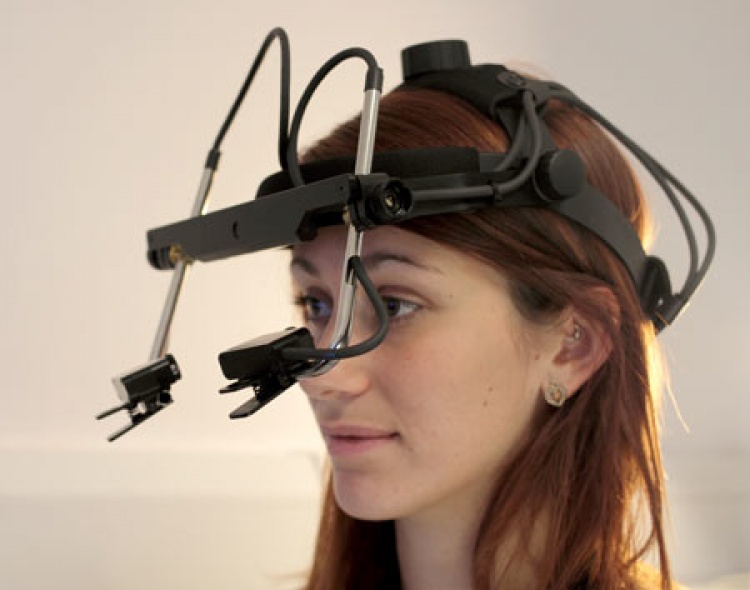“If I knew myself, I’d run away,” said Goethe, who, incidentally, was Freud’s favourite writer. You might imagine that knowing yourself would be one of the key goals of psychology. Often it has not been, however.
When I was young one of the most distinguished experimental psychologists of his generation Donald Broadbent told me students should realise it was an illusion that psychology would teach them to know themselves better. Perhaps that’s why a paper on Experiential Self Monitoring which I reported in 1980 made such an impression on me. It was given by E J...
» Read More










